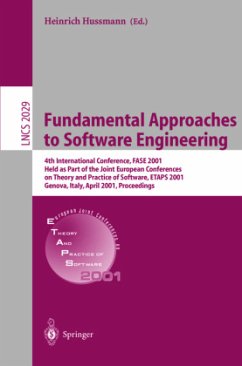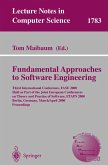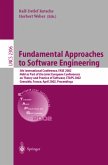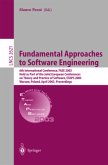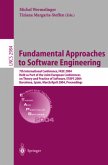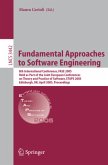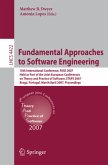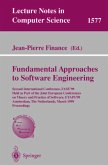ETAPS 2001 is the fourth instance of the European Joint Conferences on Theory and Practice of Software. ETAPS is an annual federated conference that was established in 1998 by combining a number of existing and new conferences. This year it comprises ve conferences (FOSSACS, FASE, ESOP, CC, TACAS), ten satellite workshops (CMCS, ETI Day, JOSES, LDTA, MMAABS, PFM, RelMiS, UNIGRA, WADT, WTUML), seven invited lectures, a debate, and ten tutorials. The events that comprise ETAPS address various aspects of the system - velopment process, including speci cation, design, implementation, analysis and improvement. The languages, methodologies and tools which support these - tivities are all well within its scope. Di erent blends of theory and practice are represented, with an inclination towards theory with a practical motivation on one hand and soundly-based practice on the other. Many of the issues involved in software design apply to systems in general, including hardware systems, and the emphasis on software is not intended to be exclusive.
Hinweis: Dieser Artikel kann nur an eine deutsche Lieferadresse ausgeliefert werden.
Hinweis: Dieser Artikel kann nur an eine deutsche Lieferadresse ausgeliefert werden.

